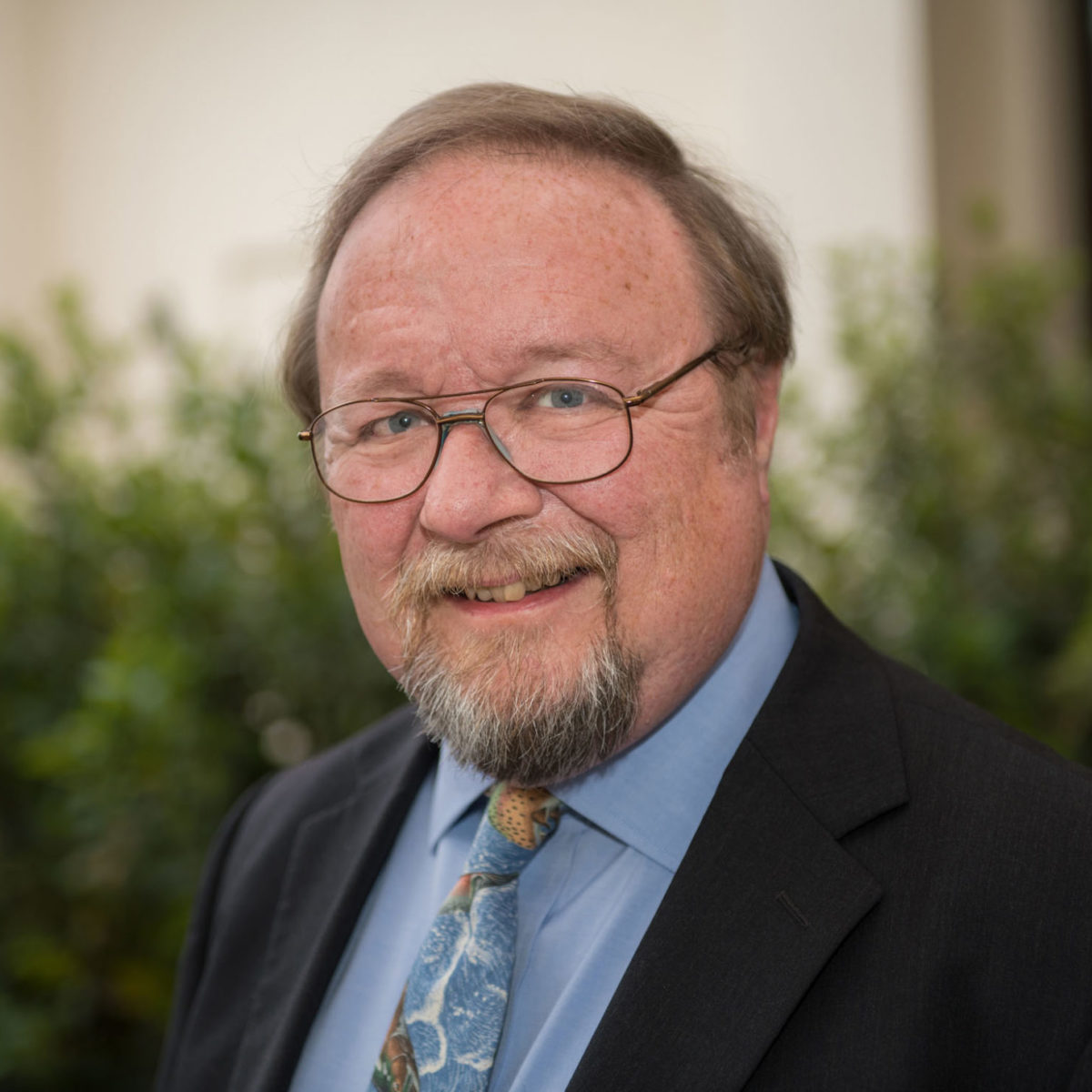Liberty of Conscience as a Tool of Empire: England and Its Restoration Colonies, 1660-1689
A public lecture by Professor Daniel Richter, University of Pennsylvania.

Tuesday
4:00–5:30PM
Duncker Hall’s Hurst Lounge Washington University in St. Louis
One Brookings Drive
Saint Louis, MO 63130
Videos
-
Liberty of Conscience as a Tool of Empire: England and Its Restoration Colonies, 1660-1689
Lecture by Professor Daniel K. Richter, University of Pennsylvania (February 11, 2020)
Religious freedom, the story usually goes, is something that oppressed people fled the “old world” to find in the “new”; liberty grew from a bottom-up struggle. Yet, on the eve of his restoration to the old English throne in 1660, it was none other than King Charles II who promised “liberty to tender Consciences, and that no man shall be disquieted . . . for differences of opinion in matters of Religion.” Of course, as it turned out, few things caused more disquiet than the Stuart monarchs’ efforts to introduce their particular brand of religious liberty to the British Isles in the period leading up to the Glorious Revolution of 1688–1689. Similar, if less familiar, processes played out all around the English Atlantic. Everywhere from New Hampshire to Nevis in the late seventeenth century, the imposition of royal or royally sponsored government brought with it the promise—or peril—of liberty of conscience. In some ironic ways during this period, religious freedom travelled from the “old world” to the “new,” and from the top down, and it was not always a welcome guest.
Daniel K. Richter is the Richard S. Dunn Director of the McNeil Center for Early American Studies and Roy F. and Jeannette P. Nichols Professor of American History at the University of Pennsylvania. He holds a Ph.D. from Columbia University, and his research and teaching focus on colonial North America and on Native American history before 1800. Prior to joining the Penn faculty, he taught at Dickinson College and the University of East Anglia, and he has been a visiting professor at Columbia University. He served as acting chair of Penn’s History Department in 2013-2014.
Professor Richter is currently researching English colonization during the Restoration era, for a book tentatively titled “The Lords Proprietors: Feudal Dreams in English America, 1660-1689,” under contract with Harvard University Press. His most recent book is Trade, Land, Power: The Struggle for Eastern North America (University of Pennsylvania Press, 2013). He is also author of Before the Revolution: America’s Ancient Pasts (Harvard University Press, 2011), which was named by The Wall Street Journal as one of the ten best non-fiction books of 2011; Facing East from Indian Country: A Native History of Early America (Harvard University Press, 2001), which was a finalist for the Pulitzer Prize in History and won the Louis Gottschalk Prize in Eighteenth-Century History; and The Ordeal of the Longhouse: The Peoples of the Iroquois League in the Era of European Colonization (University of North Carolina Press, 1992), which received both the Frederick Jackson Turner Award and the Ray Allen Billington Prize from the Organization of American Historians. Read more about Professor Richter here.
This event is free and open to all. Your RSVP to rap@wustl.edu is appreciated as it allows us to be in contact with any event updates. Please contact us at (314) 935-9345 or rap@wustl.edu with any questions.



